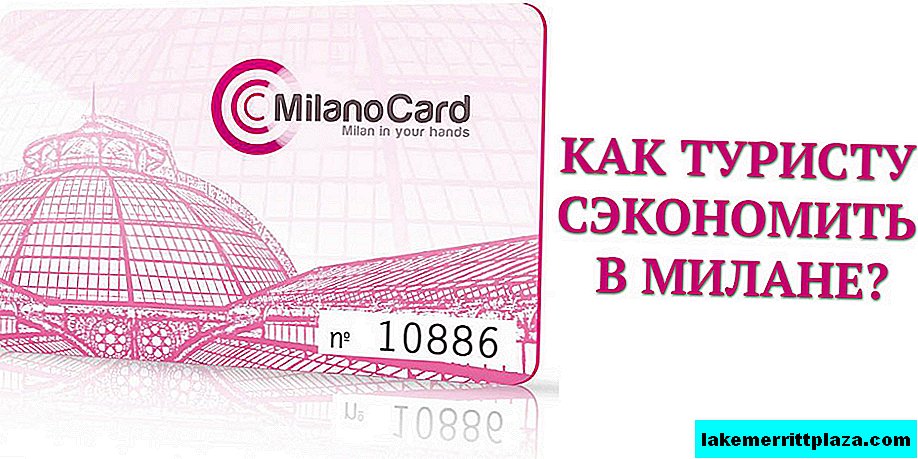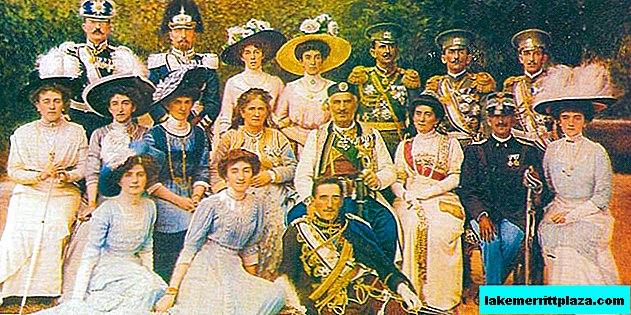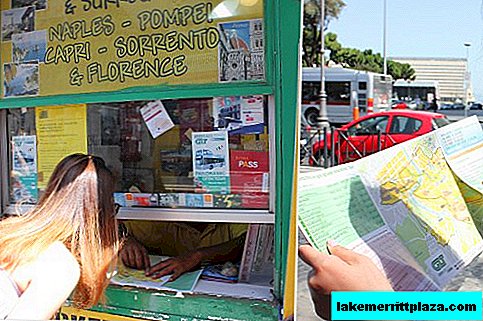The Fountain of Books (Fontana dei Libri) is an unusual decoration that flaunts on the wall of the city archive of San Ivo alla Sapienza (Archivio di Stato di Roma). A fountain with drinking water, of which there are thousands in Rome, is decorated intricately and originally, and asks for a photograph!
Description
The Book Fountain was built in 1927 by the architect Pietro Lombardi. The architect won a competition for the construction of several fountains, designed to return the old districts of the capital to their historical past. Lombardi gave Rome and Italy several modern artificial ponds: the Fontana delle Anfore fountain in the Testaccio area, the Fontana della Botte Barrels fountain in the Trastevere district and so on. Later, Lombardi will participate in the reconstruction of the Ariccia Bridge (Ponte di Ariccia) and Ciampino Airport (Aeroporto di Roma-Ciampino).

Lombardi knew the history of Rome well, so each of his works, each fountain had a deep hidden context. In the past, Via degli Straderari was called Universitetskaya because the archive building housed an educational institution - the University of Wisdom (Università della Sapienza). That is why book volumes are used as large elements of fountain decor. Drinking water flows from bookmarks and covers of stone tomes.
Just below the books is the reindeer head, a long-standing symbol of the Sant'Eustachio area., in which the fountain is located. The nearby palace of the fountain of Madama's palace (palazzo Madama), once the residence of the Medici family, which also found its reflection in the decor of the fountain. Five large pearls, located at the head of the sculptural group, symbolize the power and influence of the Medici house.
The whole composition is limited by an arch, on which the motto "SPQR" ("Senatus Populusque Romanus") is carved. The motto of the times of the Roman Empire, which states: "The Senate and the citizens of Rome" - is one of the permanent attributes of the eternal city.
- Interesting fact: over the head of a deer, the Sant Eustacio district number is carved. However, instead of the actual number "VIII", the number "IV" is indicated.
How to get there
- Address: Via degli staderari
- Get on the bus: No. 30, 70, 81, 87, 492, 628, N6, N7 to the Senato stop. Then walk south along Corso del Rinascimento to the junction with Via degli Straderari. Or take the same bus numbers to the Corso Rinascimento stop and head along Corso Rinascimento heading north to the junction with Via degli Straderari.
- Attractions nearby: Piazza Navona (piazza Navona), Palazzo Madama, Pantheon (Pantheon).








